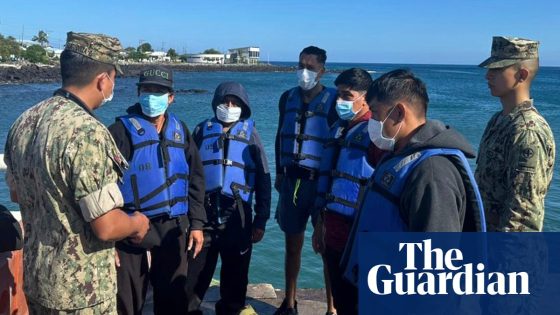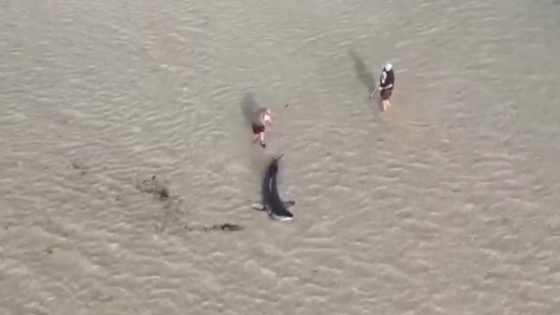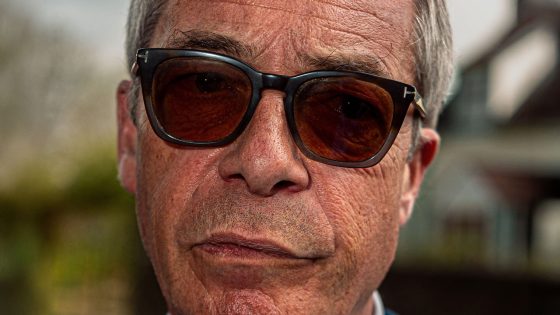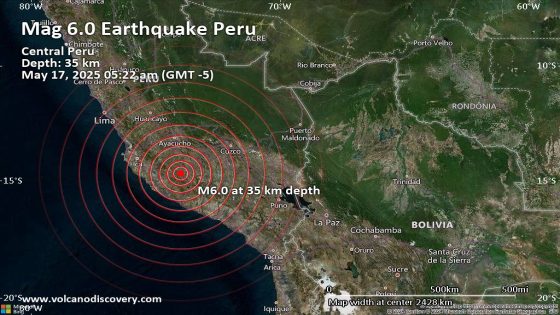Russian authorities have intensified their crackdown on dissent by designating Amnesty International as an “undesirable organization.” This move, announced on May 19, 2025, marks a significant escalation in the government’s efforts to silence critics amid ongoing tensions following the invasion of Ukraine.
- Russia labels Amnesty International "undesirable organization."
- Involvement with such groups is criminalized.
- Crackdown on critics intensified after Ukraine invasion.
- Amnesty must cease operations in Russia.
- Supporters face prosecution for cooperation.
- Recent statements criticize political repression.
The designation means that any involvement with Amnesty International is now a criminal offense in Russia. This includes sharing the organization’s reports on social media, effectively stifling any support for human rights advocacy within the country. The decision reflects a broader trend of repression against activists, journalists, and organizations that challenge the Kremlin’s narrative.
Amnesty International has recently condemned the politically motivated sentencing of election monitoring activist Grigory Melkonyants, highlighting the risks faced by those who dare to speak out. How will this impact the future of human rights in Russia?
This latest crackdown raises critical questions about the future of civil liberties in Russia. As the government tightens its grip, what does this mean for the international community’s response to human rights violations?
- Increased risks for activists and journalists.
- Potential isolation of Russia from global human rights dialogues.
- Challenges for international organizations operating in the region.
As the situation evolves, it is crucial for international voices to unite against repression and advocate for the protection of human rights worldwide.
































